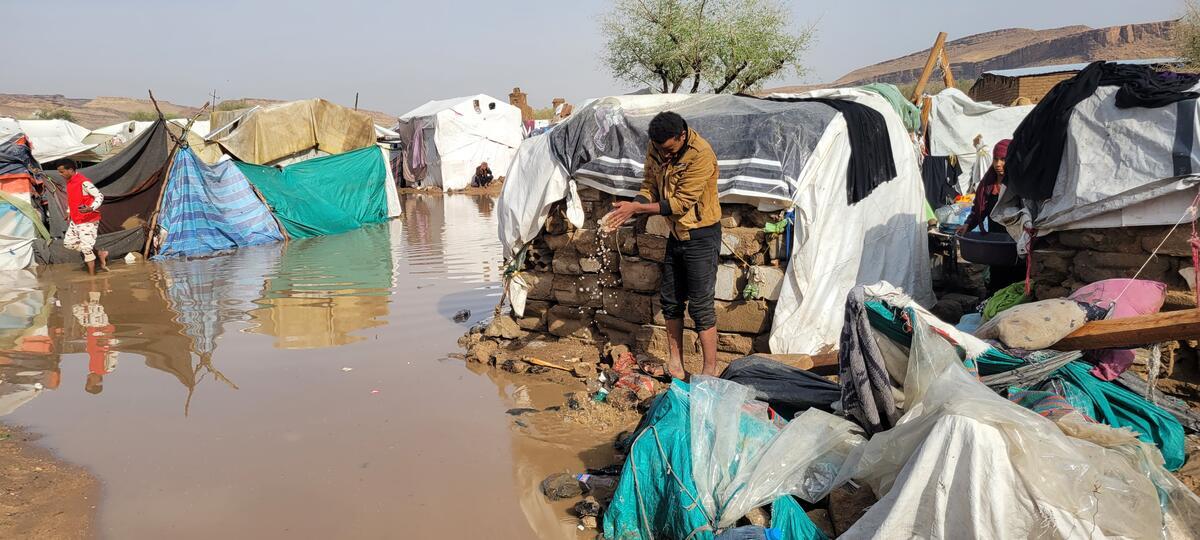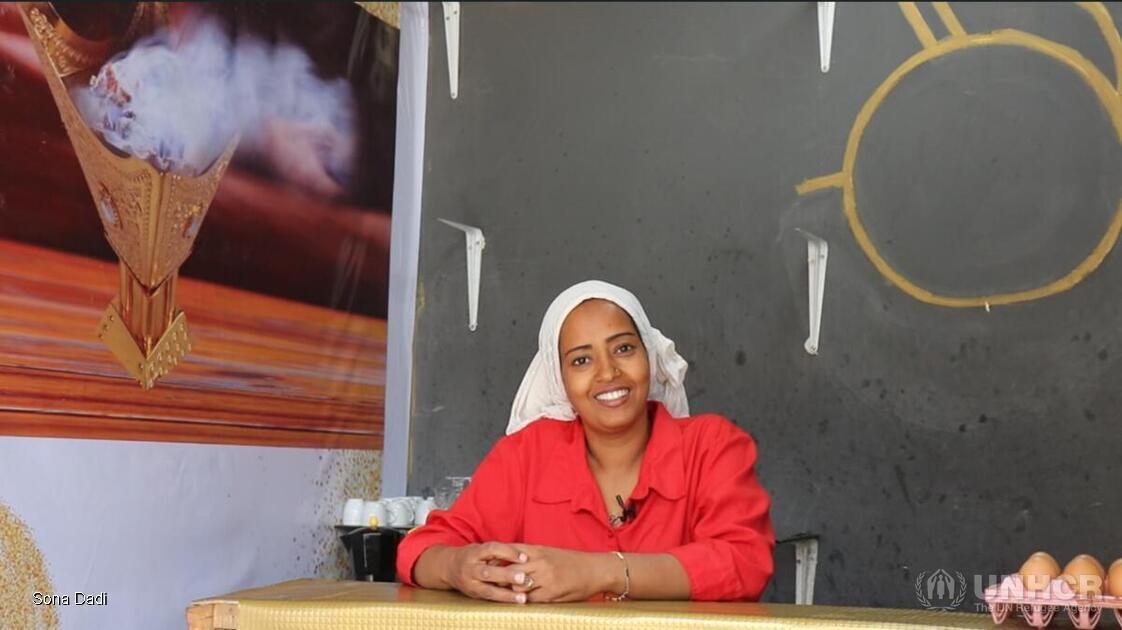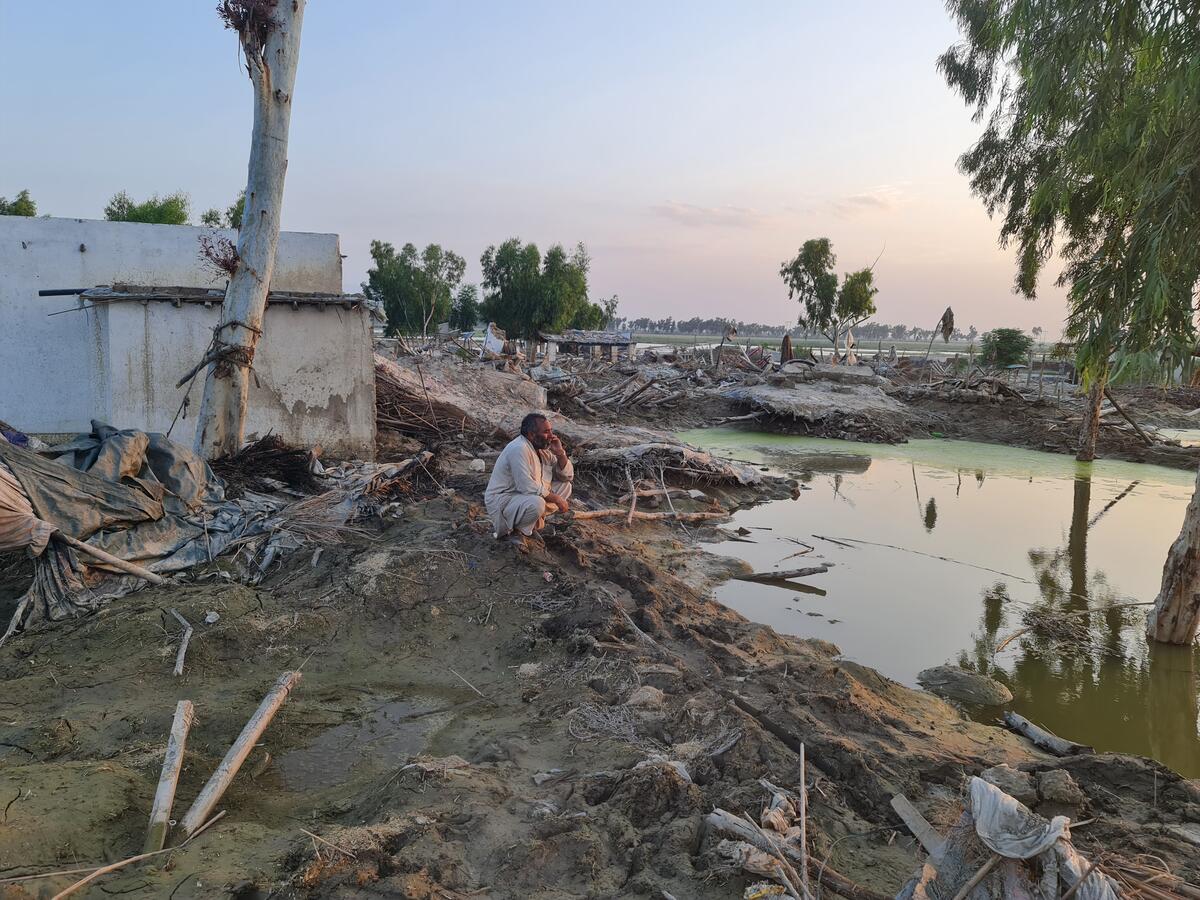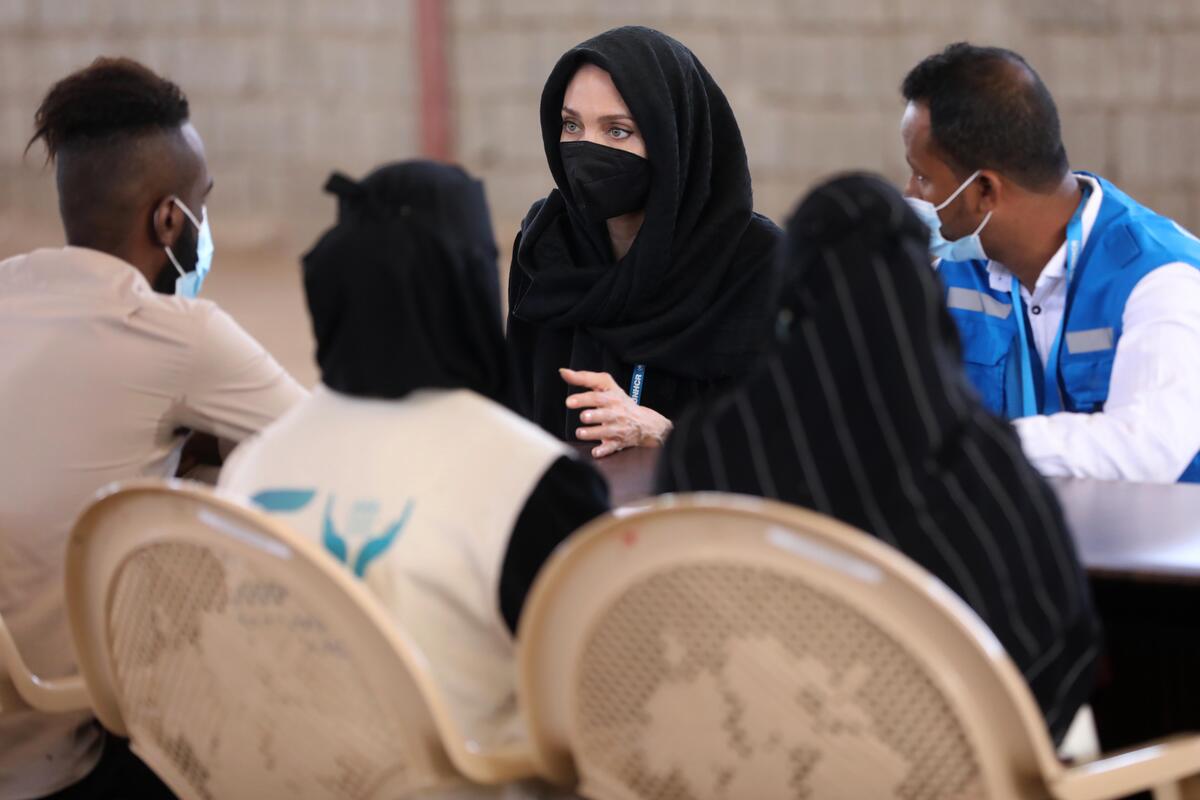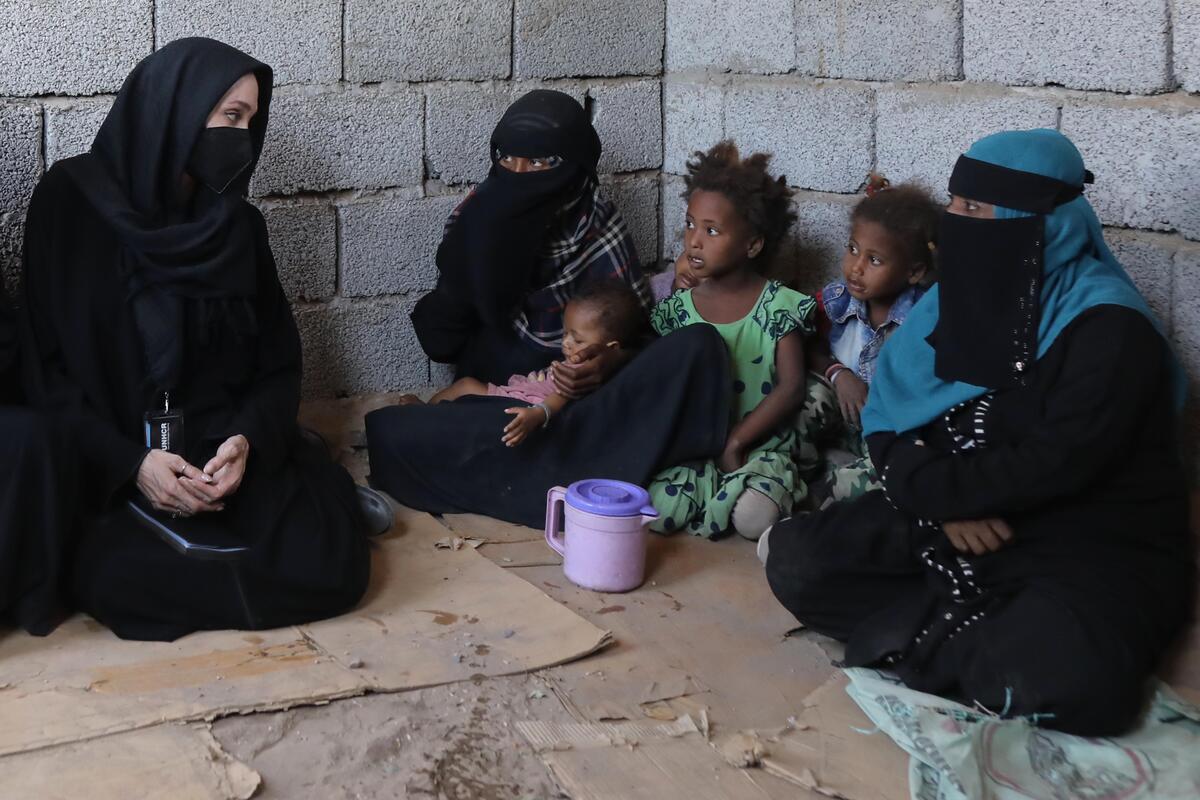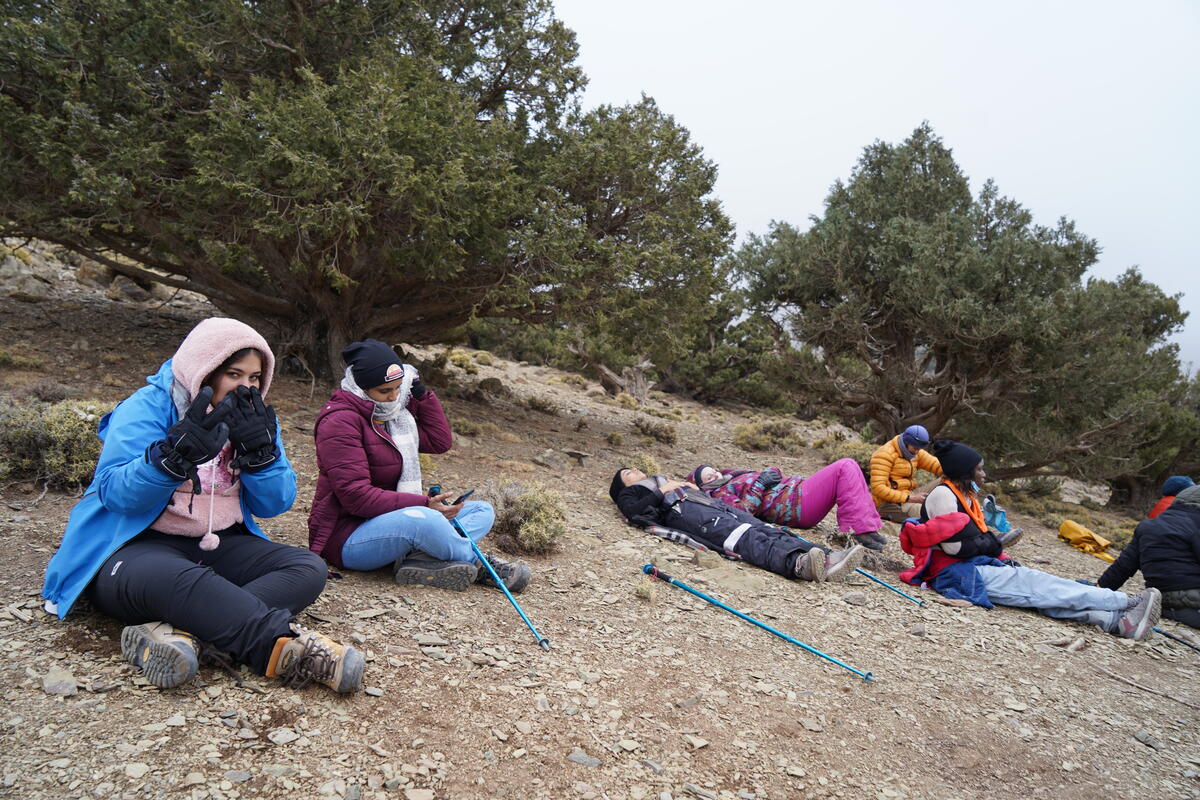UNHCR worried about deteriorating humanitarian situation in north Yemen
UNHCR worried about deteriorating humanitarian situation in north Yemen

GENEVA, September 1 (UNHCR) - The UN refugee agency said here Tuesday it was "gravely concerned" about the situation in and around the northern Yemen city of Sa'ada, where more than 35,000 people have been displaced by fresh conflict over the past three weeks.
"The situation is deteriorating by the day," UNHCR spokesman Andrej Mahecic told journalists in Geneva. "We are gravely concerned about the fate and well-being of the civilian population trapped inside the city as a result of fierce fighting between Al Houthi forces and the government troops."
According to UNHCR field staff and those who have managed to flee the besieged city, the latest fighting appears to be concentrated in the old Sa'ada City. They also report frequent air strikes in the wider Sa'ada City area.
"As a result, more people are fleeing to other parts of Sa'ada City seeking shelter and assistance - placing an additional burden on neighbours, friends and relatives as their own meagre resources are running out," Mahecic said, noting that sporadic conflict had displaced some 150,000 people in the area since 2004.
A 12-hour curfew is still in force restricting the movement of the local population and the internally displaced people (IDP), especially at night. Food reserves are running out and black market prices have risen dramatically in most of the districts affected by the fighting.
Those who can afford to pay are smuggled out of Sa'ada City across the mountains to the neighbouring Al Jawaf governorate. "We still do not have access to that part of Yemen, where we estimate as many as 4,000 internally displaced people have found shelter," Mahecic said.
Despite the continuing fighting, UNHCR's local partners have registered 2,200 IDP families to date in Sa'ada City and nearby villages. However, the security situation continues to impede the distribution of relief items intended for 370 vulnerable displaced families.
With a worsening of the situation in the remote north, the opening of humanitarian corridors in northern Yemen - that would allow civilians to leave the conflict zone and humanitarian workers to deliver aid - is a top priority for UNHCR.
The districts of Razeh and Shadaa in Sa'ada governorate are also under blockade because of the fighting, restricting the movement of people as well as goods and services. Baqem is hosting more than 3,000 IDP families who took refuge there before the fighting intensified. A further 3,000 families have found shelter in Baquim district, close to the border with Saudi Arabia.
"UNHCR is in contact with both the Yemeni and Saudi authorities as we prepare to launch a cross-border operation to help these people," Mahecic noted. Meanwhile in Herad district of Hajjah governorate, the local authorities and UNHCR are taking the lead in organizing assistance.
The UNHCR spokesman said the refugee agency urgently needed US$5 million to respond to the emergency in northern Yemen. "These funds would allow us to provide protection and much-needed assistance for some 70,000 IDPs over the next four months in Sa'ada and other affected governorates such as Malaheet, Hajjah and Amran.
UNHCR also called on the international community, and the Muslim world in particular, to help alleviate the suffering of displaced Yemenis, especially during the current holy month of Ramadan.
Meanwhile, at least 16 people either drowned or went missing and are feared dead in the Gulf of Aden over the weekend in two separate incidents involving smuggling boats sailing from Somalia to Yemen.
Survivors on the first boat said the vessel, reportedly carrying 44 Somalis, capsized Saturday night when the smugglers began to push the passengers into the seas off Yemen. The boat had departed on Friday from the village of Marera in northern Somalia. Thirty-four passengers made it to shore. Seven bodies were recovered and buried. Another three African nationals are still missing.
The second boat, carrying 42 Somalis, neared Yemen early Sunday. Fearing detection by the Yemeni authorities, the smugglers forced passengers to swim to shore. As a result, three people drowned and three are missing and presumed dead. Thirty people managed to swim to shore, while six others are reported to have remained onboard with the smugglers.
Every year thousands of people make the perilous Gulf of Aden crossing to escape persecution, war, famine or poverty and hundreds die.


